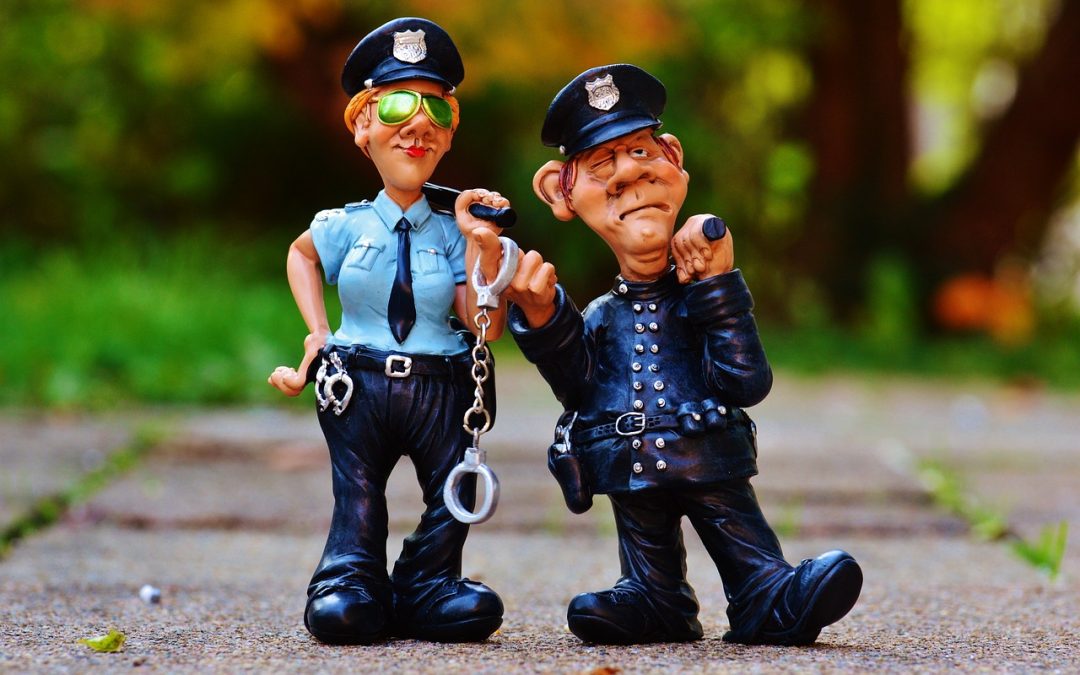In today’s digital age, social media has become an integral part of our lives. As we share our thoughts, connect with others, and express ourselves online, it’s essential to remember that our online activities may be subject to monitoring by law enforcement agencies. This can be a sensitive topic, and it’s crucial to approach it with a clear understanding of our rights and responsibilities.
Understanding Law Enforcement’s Role
Law enforcement agencies have a legitimate interest in monitoring online activities to prevent criminal activity, ensure public safety, and enforce laws. However, this monitoring must be conducted within the bounds of the law, respecting individuals’ privacy and civil liberties. As a reminder, the Fourth Amendment protects individuals from unreasonable searches and seizures, requiring law enforcement to have probable cause before conducting a search.
Navigating Interactions with Law Enforcement
If you’re approached by law enforcement regarding your social media activities, remain calm, and remember that you have the following:
- Right to remain silent: You don’t have to answer questions or provide information without a lawyer present.
- Right to ask for a lawyer: Request legal counsel before proceeding with any interactions.
- Right to know the reason for the interaction: Ask why you’re being questioned or detained.
It’s essential to be respectful and courteous during these interactions, as de-escalation is key. Avoid confrontation or arguing, and instead, focus on asserting your rights and asking clarifying questions.
“The right to be left alone – the most comprehensive of rights and the right most valued by civilized men.”
This quote from Justice Louis Brandeis highlights the importance of individual privacy and autonomy. As you navigate interactions with law enforcement, remember that your rights are in place to protect you.
Practical Tips for Online Safety
To ensure your online activities are secure and protected, follow these guidelines:
- Be mindful of your online presence and avoid sharing personal information.
- Use strong passwords and enable two-factor authentication.
- Avoid engaging in illegal activities or promoting harmful behavior online.
By being aware of your rights, understanding law enforcement’s role, and taking proactive steps to ensure online safety, you can confidently navigate the digital landscape while maintaining a positive relationship with law enforcement.
Remember to stay informed about local laws and regulations, and continue to educate yourself on your rights and responsibilities. By doing so, we can promote a safer, more respectful, and more informed community.
The information at Observed.Org may not pertain to every jurisdiction. It is YOUR responsibility to know your rights and observe them. Nothing here should be considered legal advice.

